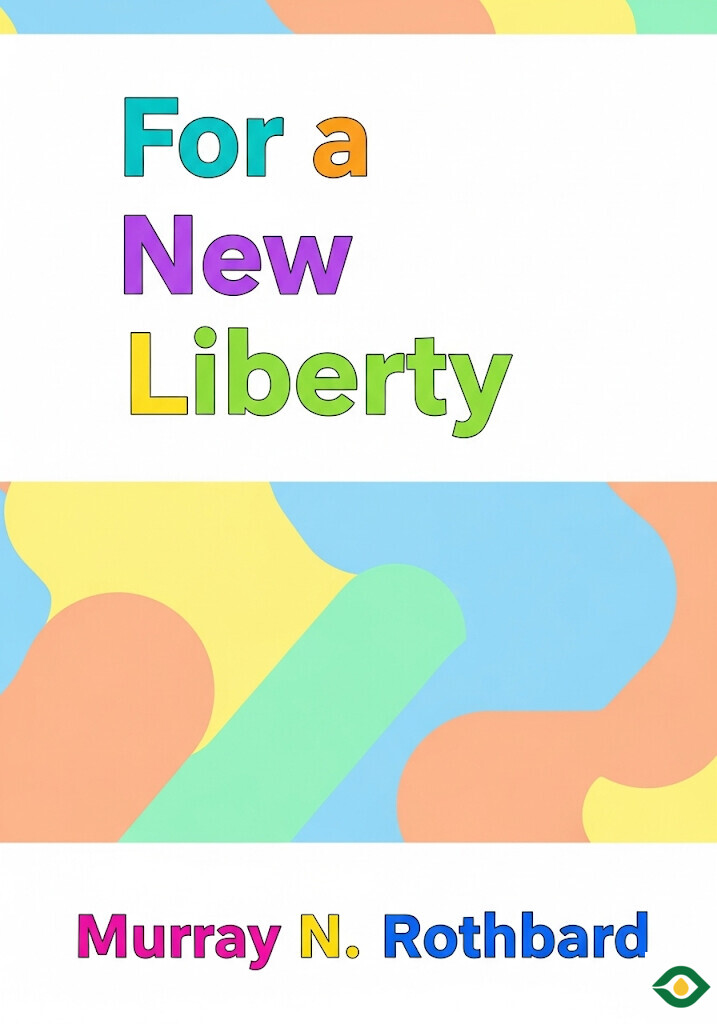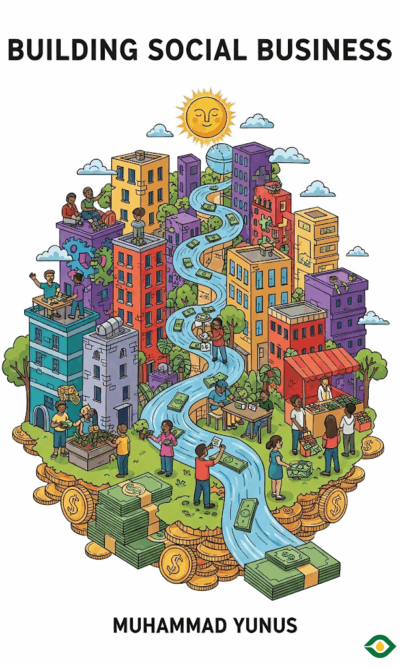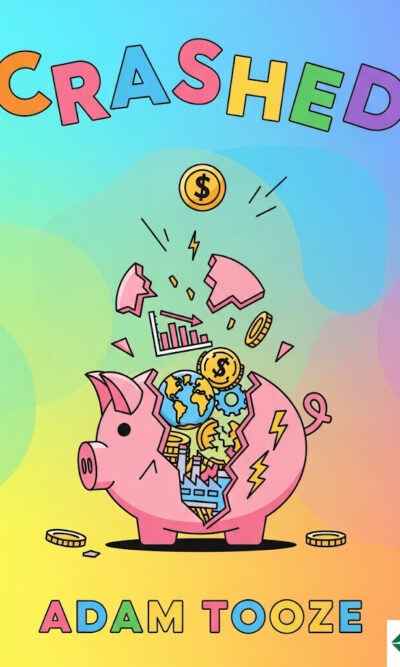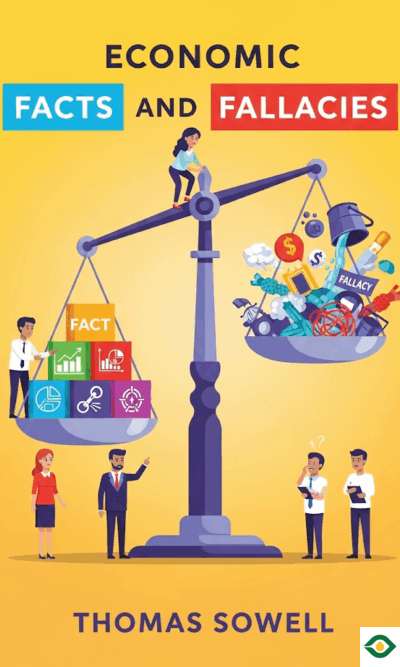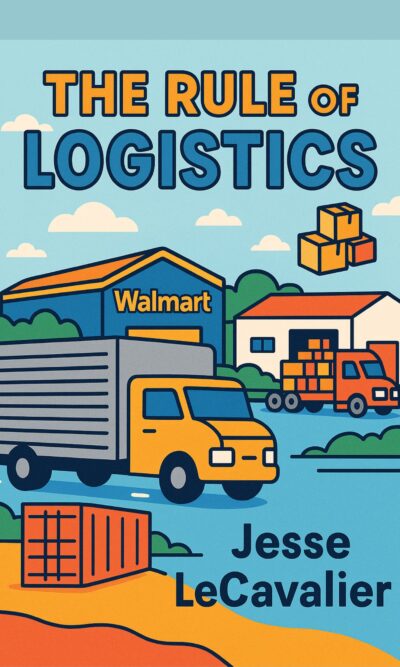Description
For a New Liberty by Murray Rothbard is a passionate defense of libertarian philosophy and its vision for a stateless society. Rothbard argues that government, which many view as necessary for order and protection, is instead the largest source of coercion, violence, and restriction on human freedom. Through simple logic and historical examples, he explains how society could function without a central government, and why this would ultimately create more justice, prosperity, and peace.
The central principle in libertarian thought is the non-aggression rule. This means no person or group has the right to initiate force against another person or their property. From this idea flows the rest of the philosophy. If you cannot harm others or take their property, then government cannot justify taxation, wars, forced military service, or restrictions on peaceful activities like trade or speech. To Rothbard, the State is nothing more than an institution built on breaking this very principle—it survives by taking resources from people without consent and imposing rules backed by the threat of violence.
Historically, libertarianism grew out of the ideals of classical liberal thinkers such as John Locke, who argued for natural rights and resistance to tyranny. These ideas inspired the American Revolution and were embedded in the founding of the United States. Over time, however, power drifted back toward strong central control. Wars, banking regulations, welfare systems, and taxation expanded far beyond the limits that early revolutionaries imagined. Rothbard presents this as a betrayal of the original principles of liberty and a warning that government power, once expanded, rarely contracts.
A major part of Rothbard’s critique is the hidden forms of slavery and forced labor still present in modern society. He points to military conscription, where young men could be forced to fight and kill against their will, as one clear example. But he also considers taxation a form of partial slavery. Every year, people must work a portion of their lives not for themselves, but to fund the government. This is labor extracted without true consent. Even when taxes fund public services, Rothbard asks whether these services could be provided better through voluntary markets, without coercion.
Rothbard makes a sharp distinction between morality and legality. Many actions may be immoral, such as lying or being unfaithful, but they should not automatically be considered crimes unless they involve aggression. For example, if someone gives a speech encouraging violence, libertarians do not hold the speaker legally responsible for the choices of others who act on it. Each person has free will and is accountable for their own decisions. Similarly, libertarians reject laws that impose a specific moral code, such as bans on pornography or restrictions on peaceful drugs. The State, in Rothbard’s view, should not dictate morality but only prevent aggression.
One of Rothbard’s most striking claims is that government services harm the very people they are supposed to help. Public education, for instance, forces children into standardized systems that often erase diversity and choice. Welfare programs, though advertised as helping the poor, can trap people in cycles of dependency and remove the incentive to work or improve their circumstances. By comparing welfare spending to actual results, Rothbard shows how resources are wasted and misused when filtered through political institutions. Private, voluntary solutions, he argues, would be more efficient and more respectful of human dignity.
Economics plays a central role in the book, particularly Rothbard’s criticism of the Federal Reserve. He explains how central banks create money out of thin air, causing inflation and fueling boom-and-bust cycles. By manipulating interest rates and lending beyond real reserves, the system creates artificial growth, followed by painful recessions. The true beneficiaries of this cycle are banks and governments, which gain resources at the expense of ordinary citizens. Rothbard suggests that without government interference, markets would naturally stabilize, and money would retain its value.
Rothbard also challenges the assumption that certain services—like roads, police, or courts—must be provided by the government. He presents thought experiments to show how these could be privatized. For example, landlords in a neighborhood could own and manage their streets, keeping them safe and well-maintained to attract tenants. Competing private police and court systems could deliver justice more fairly, since their success would depend on trust and reputation. Unlike government courts, which often punish victims through taxes, private systems could focus directly on restitution and accountability.
On the issue of the environment, Rothbard argues that government ownership often leads to waste and neglect. For example, when forests are leased by the State to private companies, the companies have no long-term incentive to conserve, since they don’t truly own the land. Privatization would give owners a reason to protect resources for future profit. The same principle applies to pollution. If rivers or lakes were privately owned, polluters could be sued or excluded, creating strong incentives to keep them clean. In this way, free markets could provide real environmental protection, without bureaucratic inefficiency.
Rothbard’s vision extends to foreign policy as well. He strongly opposes war, which he views as one of the greatest violations of the non-aggression principle. Governments wage wars not to protect individuals, but to expand power and resources, almost always harming innocent civilians in the process. Libertarians are often labeled as isolationists for opposing foreign intervention, but Rothbard insists that avoiding war is simply consistent with respecting human freedom. The only justifiable form of resistance is when individuals themselves defend their lives and property, not when governments drag entire populations into violent conflicts.
Taken together, Rothbard’s arguments form a radical but consistent worldview. He envisions a society without a central government, where people rely on voluntary cooperation, private property, and free markets. Disputes are resolved through private arbitration, protection is provided by competing services, and prosperity grows from innovation and trade rather than taxation and regulation. For him, government is not the solution to society’s problems—it is the problem itself.
The book challenges readers to look critically at institutions they take for granted. If the government claims to act for the public good, why does it rely on force and coercion? If private individuals would be punished for theft, murder, or fraud, why is the State allowed to commit these actions under different names like taxation, war, or regulation? Rothbard urges us to imagine a new liberty, one where individuals are truly free to live their lives without interference, as long as they respect the equal rights of others.
In conclusion, For a New Liberty is both a critique of government power and a hopeful vision of what could replace it. Rothbard shows how a society based on voluntary cooperation could handle education, welfare, justice, defense, and even environmental protection more effectively than the State. While some may see his ideas as extreme, he presents them with clarity and conviction, making the case that true freedom can only exist when people are free from the coercion of government.

